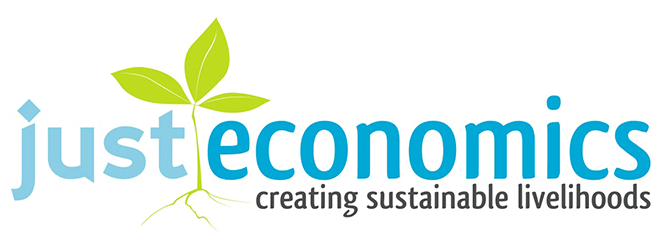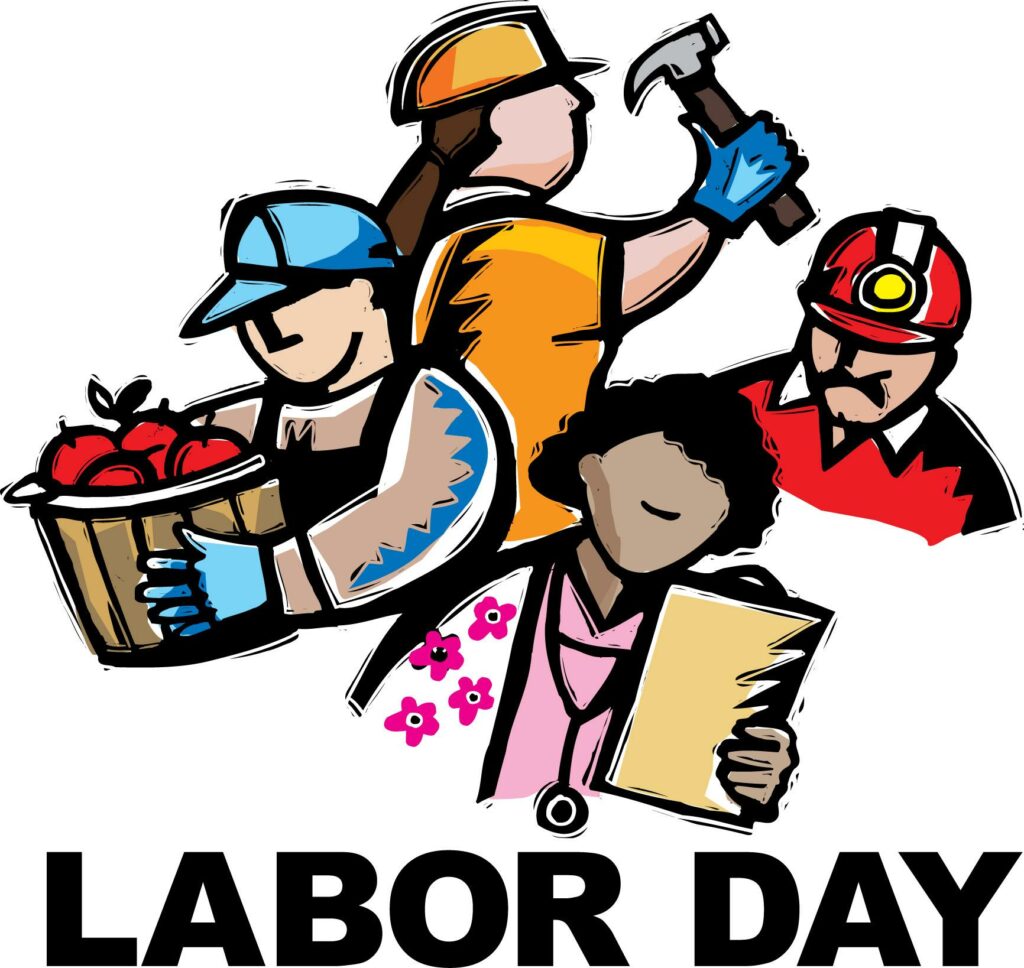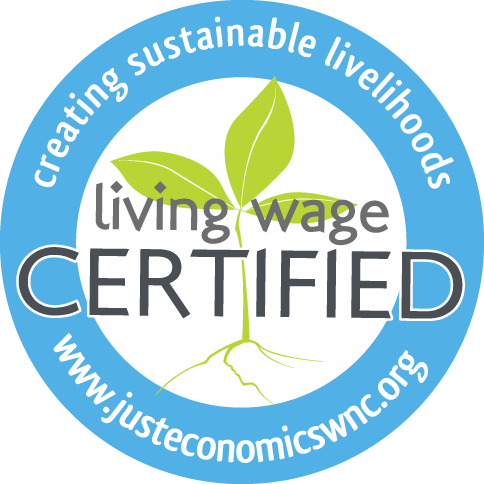By Vicki Meath, Executive Director of Just Economics
Labor Day is a natural time to reflect on the state of workers in our community and our world. Today I reflect on the good that is happening surrounding worker organizing, the bad news that still exists for too many workers, and how we chart a path forward to create a better economic community where everyone has the opportunity to thrive.
There is no doubt that pandemic related issues changed the labor market. Many workers left the workforce for various reasons including early retirement and changing childcare situations. The statements that “nobody wants to work” are contrary to the reality of low unemployment rates. But it is true that fewer workers are willing to work for less than a living wage and unjust or unsafe work environments. What’s been marked as a “worker shortage” or the “Great Resignation” have left workers with more choices and more power in the workplace. Leading into the pandemic, the nurses organizing at Mission Health gave a major boost to worker organizing in Western North Carolina and the pandemic also caused a spike in workplace organizing and union participation. While some of that has tapered off, groups like Raise Up NC and the Asheville Food and Beverage United are growing stronger by the day and workers are gaining a deeper understanding of their choices and their power. This rise in worker power is good news for so many workers that have been left without a voice for decades.
But of course there is some bad news to go along with the good. First, while wages have gone up for many workers and lots of workers have been able to choose to move to a higher paying job, the impacts of inflation and an out of control housing market have hurt lower wage workers the hardest, often wiping out any real gains in income. Additionally, public policy continues to lag behind. For example, we still have a minimum wage that hasn’t risen since 2009. Yes, that’s right, our minimum wage of $7.25 has remained the same for 13 years, the longest period in the history of the minimum wage without an increase. While most jobs in Buncombe County and a huge portion in Western North Carolina pay above minimum wage, the NC Justice Center estimates that raising the wage floor to $15 would benefit more than 1.8 million North Carolina workers.
So how do we build on the good, push back on the bad and chart a path forward? I think we need a multifaceted approach that starts with centering the voice and power of lower wage workers. We can do this by showing up for worker fights like the Asheville Food and Beverage United’s rally for parking for downtown hospitality workers, supporting organizations and organizing efforts of unions and groups like the Western North Carolina Workers Assembly, Just Economics and Raise Up NC. .Next Wednesday, Just Economics is starting our next class of Voices for Economic Justice, a leadership and community organizing training for low wage workers and people who have experienced living on a low-income. If you or someone you know identify as a low wage worker or someone who has lived on a low income and would like to join the class, contact [email protected].
A multi-faceted approach also includes policy advocacy. The minimum wage in 1968 (a time when many of our lawmakers in the US Congress were coming of age) adjusted for inflation would be over $13/hr today, and we need to do better than $7.25. We are still one of only a couple countries in the world that doesn’t have some version of paid family leave, where parents can take time off to welcome a new child or family members can care for very sick loved ones without going bankrupt, and we need to do better. We need a local, state, and federal response to housing and we are well overdue to support workers with legislation like the PRO Act. As the NC Budget and Tax Center article states, we also need to demand that corporations and the wealthiest North Carolinians pay their fair share in taxes. We can follow and take action with organizations like Just Economics and the North Carolina Justice Center to learn more about policy solutions. Additionally, we are in the midst of a major election cycle and we must ask all candidates tough questions about how they will support workers.
And this multi-faceted approach doesn’t stop there. We can support workers by supporting Living Wage Certified Employers and putting our money where our values are. We can work to debunk myths about unions and low-wage workers. We can stay educated and work together with other members of our community to co-create a more just and sustainable local economy.
So for me, I don’t want this Labor Day to pass without a reflection of how we can do better together, without a commitment to act, and without a recognition of the labor movement that has brought us so far. We need to take it from here and I know we are up for the challenge!


